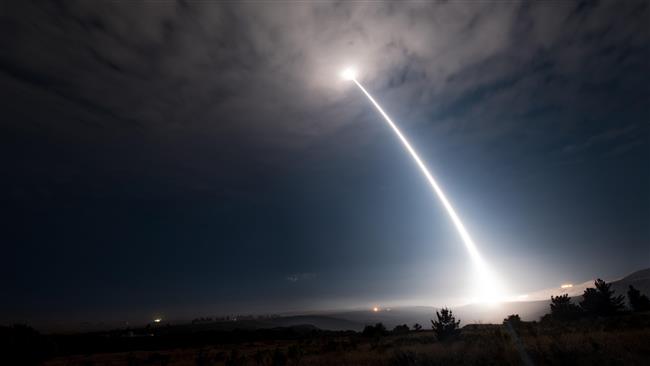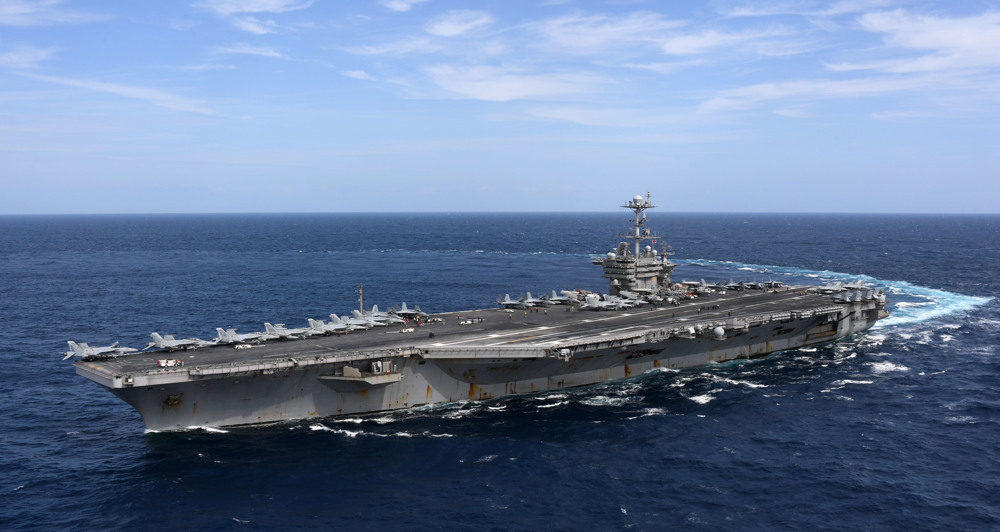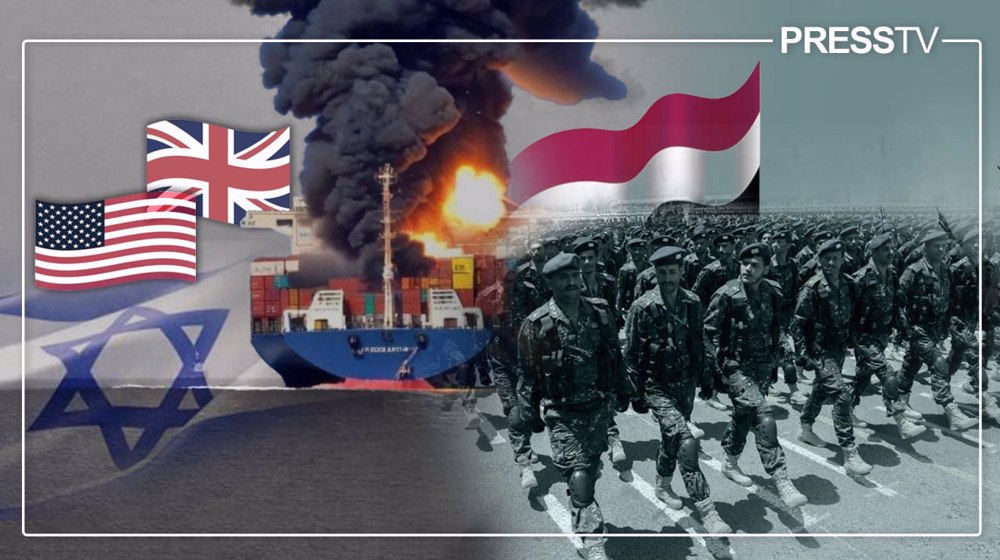Nuclear strategists call for scrapping of America’s ICBM arsenal
Arms control specialists and nuclear strategists have called on the United States to scrap its intercontinental ballistic missiles (ICBMs) because they are most likely to cause accidental nuclear war with Russia.
Bruce Blair -- a Princeton specialist on nuclear disarmament -- told Reuters in a special report published on Wednesday that the US president would have only about 10 minutes to decide whether to fire ICBMs at Russia if early warning systems show that Moscow has just launched their ICBMs at the United States.
“It is a case of use or lose them,” said Blair, who also once served as an ICBM launch control officer.
A snap decision is required because American missile silos have known, fixed locations, and US strategists fear Russia would try to target the American missiles before they could be used for retaliation.
Arms-control specialists have said that “of all weapons in the US nuclear arsenal, the ICBM is the one most likely to cause accidental nuclear war.”
This is the main reason that an increasing number of former US military officials, scholars of war strategy and even some members of Congress are now seeking the elimination of ICBMs.
They argue that in the event of war the president does not have enough time to verify a threat which could be very dangerous. They caution that false warnings could arise from human error, malfunctioning early warning satellites or hacking by third parties.
But the problem, they say, is that once an ICBM is launched it cannot be recalled.
Nuclear strategists have urged the United States to rely on the other two legs of the American nuclear triad system, which includes submarine-launched ballistic missiles, and heavy bombers armed with hydrogen bombs or nuclear-warhead cruise missiles.
In this scenario, the US president would have enough time to decide whether to use submarines or bombers.
Bombers can be recalled if a threat turns out to be a false alarm and they take longer to reach their targets than ICBMs. Nuclear missile submarines can be deployed closer to their targets, and are easily detectable.
In a recent interview, William Perry, defense secretary under President Bill Clinton, called on the US to get rid of its ICBMs because “responding to a false alarm is only too easy.”
An erroneous decision could prove to be apocalyptic, he said. “I don’t think any person should have to make that decision in seven or eight minutes.”
Leon Panetta, who was defense secretary during the Barack Obama administration, once supported the nuclear triad system, but has now reconsidered his opinion.

“There is no question that out of the three elements of the triad, the Minuteman missiles are at a stage now where they’re probably the most antiquated of the triad,” he said, referring to America’s current generation of ICBM missiles.
Arms control experts have also said the risk of a launch error is even greater in Russia, which has only about 15 minutes from the time of warning to assess the threat and launch its ICBMs.
Top general: Enemy dares not cast hostile glance at Iran
South Korean president skips questioning for second day after arrest
IRGC captures 15 terrorists during drills in southeast Iran
Bright prospects of Iran’s energy portfolio
VIDEO | Iran and Russia's partnership agreement
VIDEO | California wildfires leave residents struggling with insurance gaps and housing shortages
Leader: Palestinian patience, resistance forced Israel to back down
VIDEO | South African, Palestinian youths use sport to boost resistance















 This makes it easy to access the Press TV website
This makes it easy to access the Press TV website